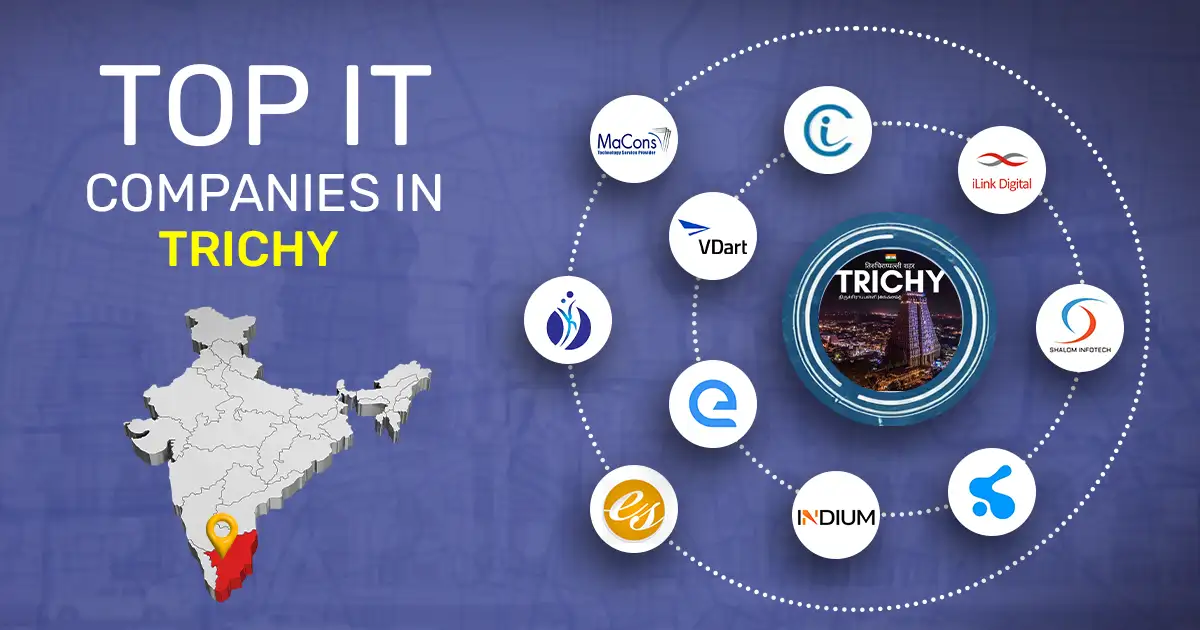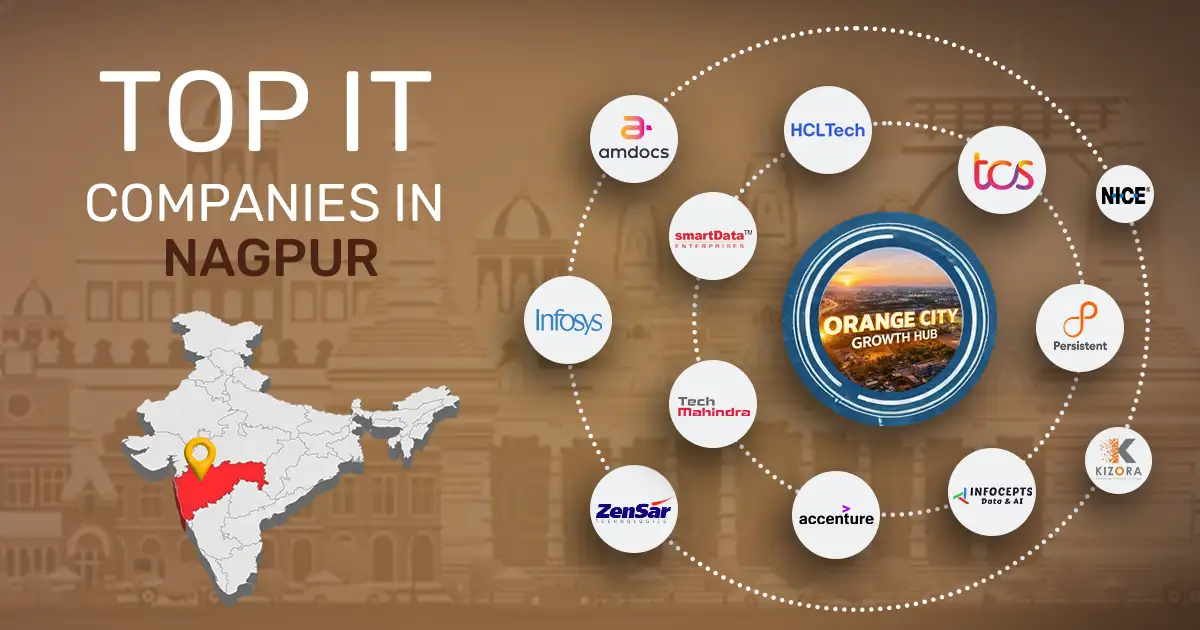
Introduction
The Indian food supplement market is one of the fastest-growing markets, with great prospects for rapid growth in health consciousness, rapidly increasing disposable incomes, and changing lifestyles in this country. As the ever-growing population and the growing size of the middle class seek better life opportunities in this developing nation, India presents a rosy future prospect to the food supplement business.
Understanding Indian Food Supplement Market
This has created a hungry market for food supplements. It is reportedly an ageing population which requires special nutritional supplements to keep them healthy and active. Due to urbanisation, people have become sedentary and largely reliant on packaged food; dietary supplements are a basic need for them. The main drivers to this phenomenon are the rising disposable incomes of the people, particularly the increasing middle class.
Challenge and Opportunities
Regulatory Challenges: The challenging regulation process itself does not entail any facilitation in extending business organizations with eases.
Consumer Education: However, there is an opportunity to educate the consumers on using food supplements and deriving its benefits. There is increasing awareness of the food supplements among the consumers.
High Competition: It is very competitive market. Home-based brand and foreign brands were competing with each other in great extent to capture their market share.
Counterfeited Products: Most of the counterfeited products would directly affect the authentic brands that are present in the market.
Setting up Food Supplements Business in India
1. Business Plan:
Market Research: To be done with the target customers, competitors and trends prevailing in the market.
Product Range: What is to be developed will depend upon the food supplement type, demand, profitability and regulatory compliances
Business Model: Manufacturing or Distribution; it can be both.
Financial Projections: Revenue Projections, Cost Estimates and Funding Requirements.
2. Legal and Regulatory Compliances:
Registration under Food Safety and Standards Authority of India, FSSAI
Trademark Registration: Brand name and logo along with the other intellectual property rights.
Import-Export Licenses: All Import and export license and permit procedures
GST Registration: Goods and Services Tax, GST. The manufacturer should have all GMPs and other quality compliances.
3. Manufacturing or Sourcing:
Manufacturing: Involved application of all licenses and compliance of the company to GMP and other quality standards in the manufacturing process within the company.
Supplier ensuring that their raw materials are quality.
4. Packaging and Labelling:
Packaging is FSSAI compliant.
Clear labelling: Transparency of ingredients, nutritional value, and instructions for usage
5. Marketing and Sales:
Brand Building: Developing the brand and making the brand known.
Digital Marketing: Social Media Marketing, Content Marketing and E-mail Marketing.
Retail Partnerships: Tie up chain stores and pharmacies to stock and sell.
E-commerce: Selling through a website or through portals of e-commerce
6. Quality Control and Assurance:
Continuous Testing: Induct quality tests on raw material and on finished products.
Quality Management System: Impose the quality management system so as to bring uniformity and compliance.
Indian Food Supplement Market: Challenges and Opportunities
• Rigid Regulatory Regime: More difficult to control the rigid regulations of FSSAI.
• Duplicate Products: Dilution of brand image and market share too.
• Public Awareness: Building awareness for the betterment of food supplements as well as proper usage amongst the consumers.
• Competition: Domestic and international competition shall not let it miss any opportunity.
Opportunities:
• Health Consciousness: The health-conscious Indian consumer shall provide the company with opportunities.
• Product Line: Diversification of the product lines is seen in this area. There’s potential catering to different needs.
• Online Sales: It is the least complicated medium, and a much more extensive market shall be reached.
• Government Policies: The government will have health and wellness policies hence creating an industry-supporting avenue.
Regulatory Scenario and Compliance
• FSSAI License: Provides for FSSAI license so that manufacturing practice, labelling of the product, and storage conditions don’t miss.
• Import Export Regulations: one should learn the import and export regulations particularly in sourcing raw materials and exporting finished products.
• Clinical Trials: Supports claims for the effectiveness of your products with clinical trials.
• Intellectual Property Rights: Saves your brand with patent, trademark, and copyrights protection on your formulations.
Marketing and Branding
• Digital Marketing: Mass reach can be done through social media, content marketing, and email marketing.
• Influencer Partnerships: Health and fitness influencers will attract people to buy your products.
•Retail Chains and Pharmacy: Strengthen the bonds with retail chains and pharmacies to get higher visibility.
• Direct Sales to Consumer: In addition, sell them directly to the consumers by putting your website or other e-commerce websites.
Supply Chain Management
• Reputed Suppliers: Good relation with those suppliers who provide good quality raw material.
• Logistics and Supply Chain: It must have the right logistics and a supply chain that could deliver in time.
•Quality Control: Maintain maximum quality control during the manufacture and packaging
•Effective Communication: Clear communication over the product contents, benefits, and negative effects
•Educate Consumer: Clearly and simply teach consumers about the products and what to do and what not to with the supplements
• Trust Building: Creation of trust among the consumers on higher quality, sound ethical principles, and excellent customer service
Future Trends in Indian Food Supplement Market
• Nutrigenomics: Customized supplements based on the requirements of individual bodies and genetic tendencies.
• Functional Foods: Manufactured and enhanced foods with added nutritional and other benefits.
• Plant-based Supplements: Growing demand for plant-based and vegan supplements
• Probiotics and Gut Health: Anxiety towards the health and wellness generally that probiotics have in store.
Conclusion
The Indian food supplements market is on the cusp of a boom, fueled by rising health consciousness, an aging population, and shifts in lifestyle. Under these prospects, understanding the regulatory environment, creating strong brands, and reacting to changing consumer needs can open up business opportunities.
However, quality, safety, and transparency are always the qualities that need to be maintained so that consumers gain trust. And besides this, FSSAI compliance, initiation of research, and incurring sustainable practices would most probably keep the Indian food supplement industry stable enough for its long run success.




